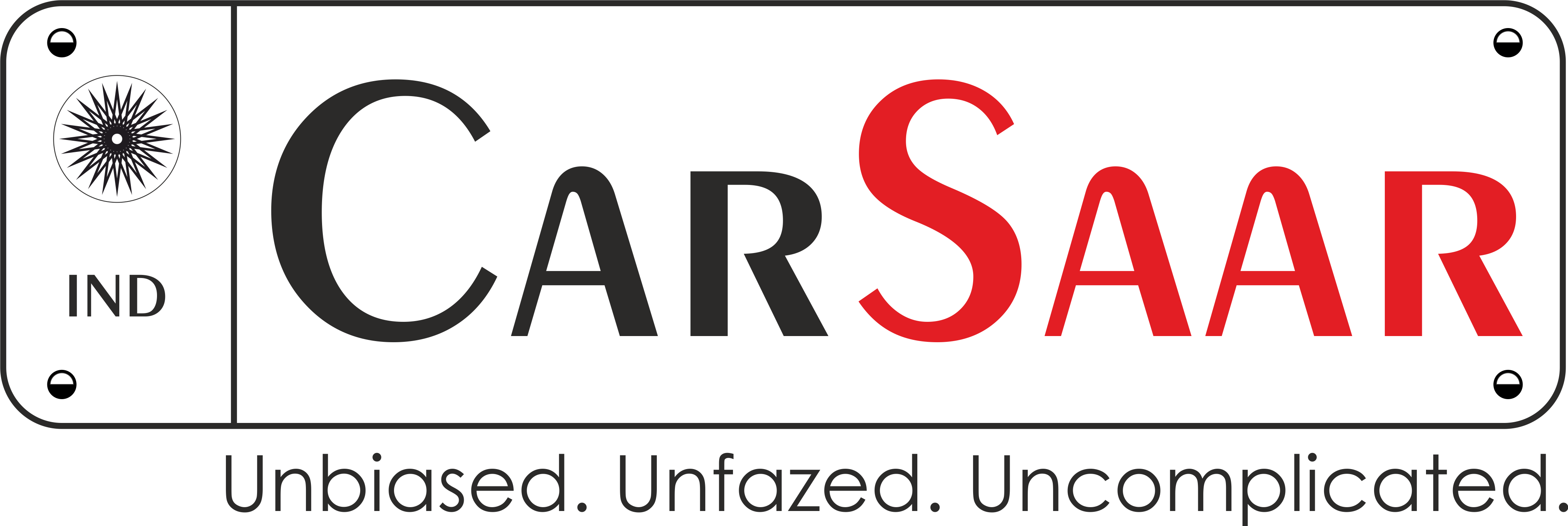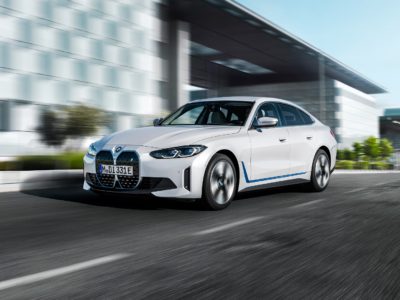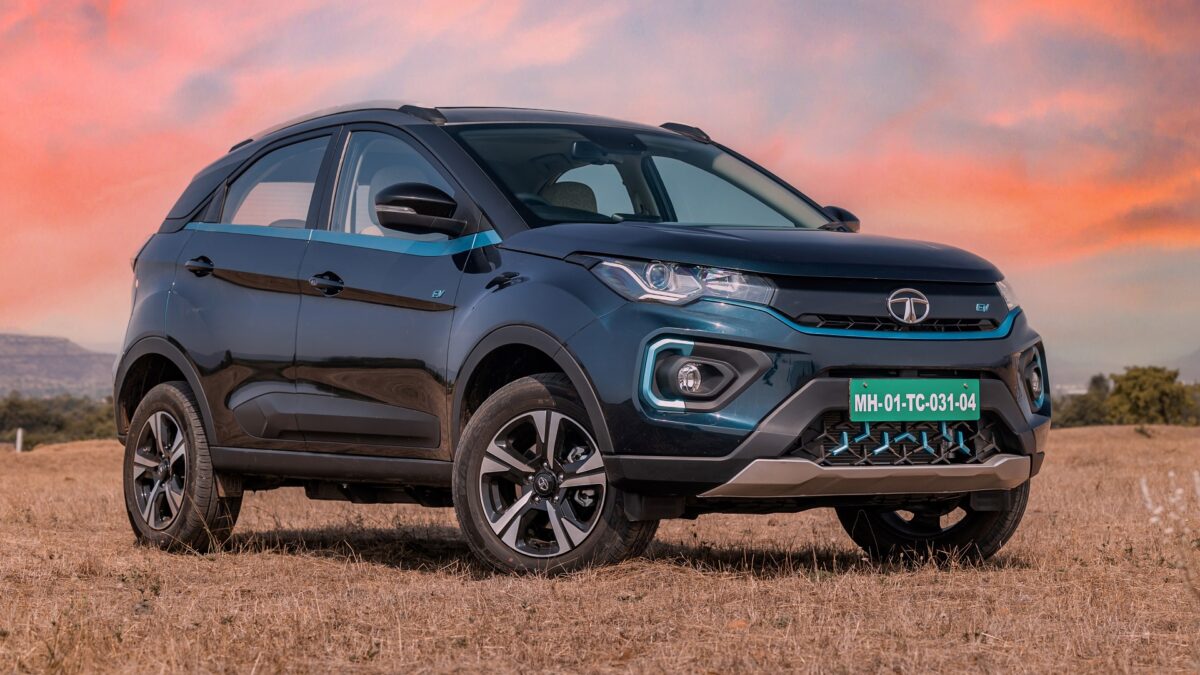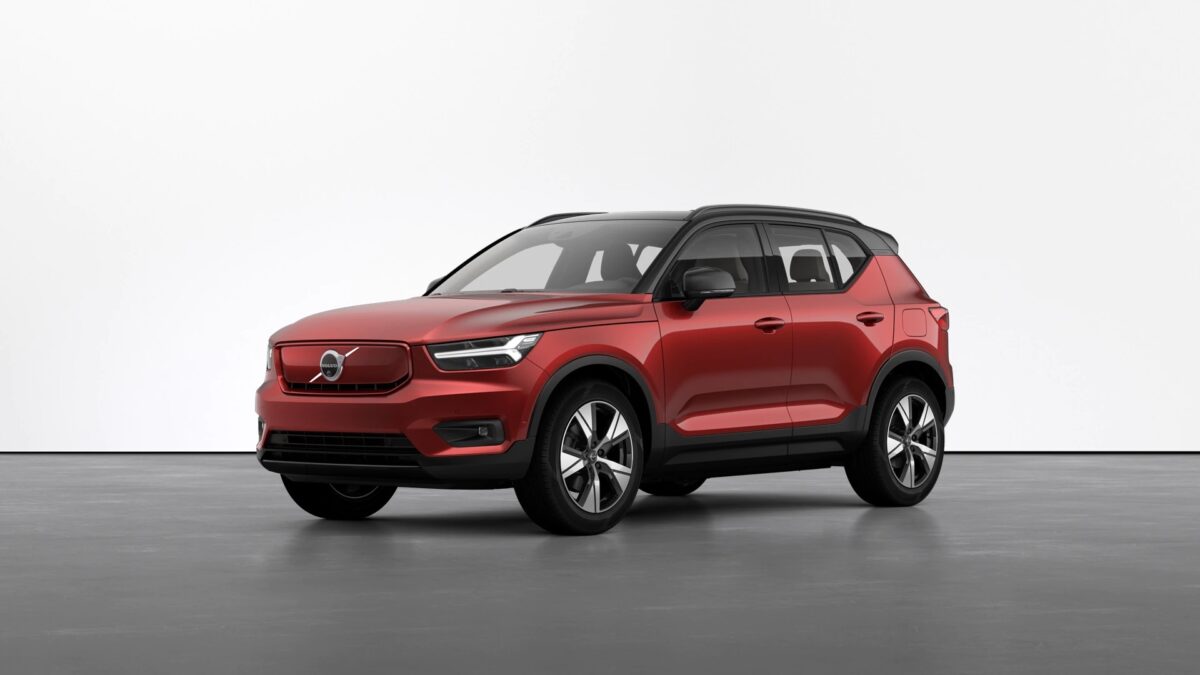It was in December of 2017 when the Japanese duo Toyota and Panasonic announced that they will be jointly studying the feasibility of creating a joint venture (JV) for developing and manufacturing automotive prismatic batteries. The move made sense as both the companies have worked together on several projects since 1953 and the need of the hour was to break the corporate barriers and work towards a greater good for the entire world.
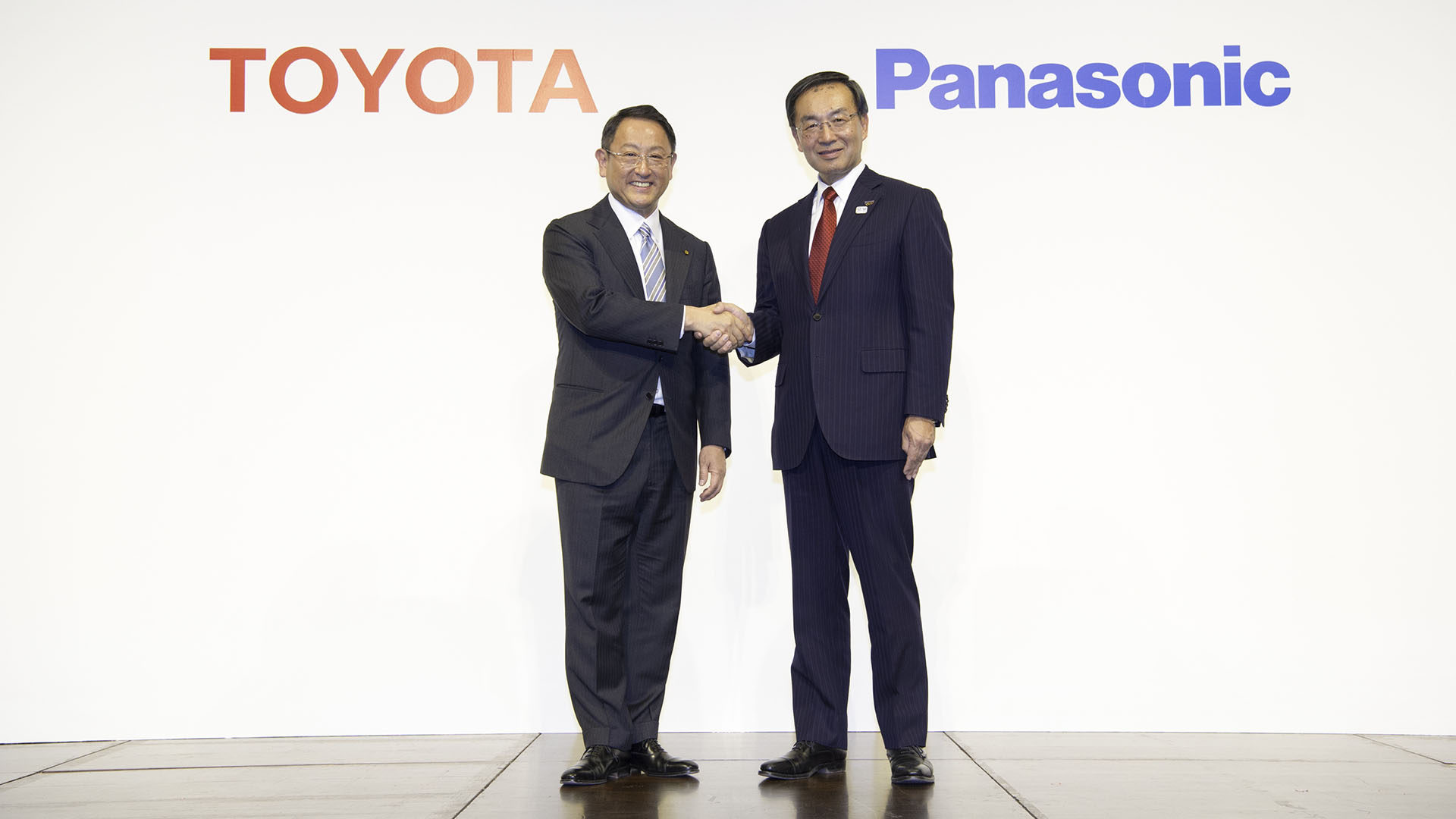
Co-engineering next-gen electric vehicle (EV) battery technologies would help all to tackle problems like global warming and rising air pollution. Well, the companies have now announced that the feasibility study is now complete and, if all goes well, they will establish a JV by the end of 2020. Toyota will have a stake of 51 per cent whereas Panasonic will take control of the remainder.
The road to the establishment of JV will see Toyota contribute in the following ways:
- Transferring know-how and market data related to EVs
- Delivering advanced technologies related to solid-state batteries and more
- Bringing-in own manufacturing capabilities
On the other hand, Panasonic will flex muscles in its own forte and bring:
- Technologies related to high-capacity, high-output and high-quality batteries which are safe to use
- Mass-production technologies for automotive batteries
- A customer base both in Japan and overseas
The scope of the JV’s business operations will cover everything from research and development, production engineering, manufacturing and procurement of materials, to order receipt and management related to automotive prismatic lithium-ion batteries, solid-state batteries and next-generation batteries.
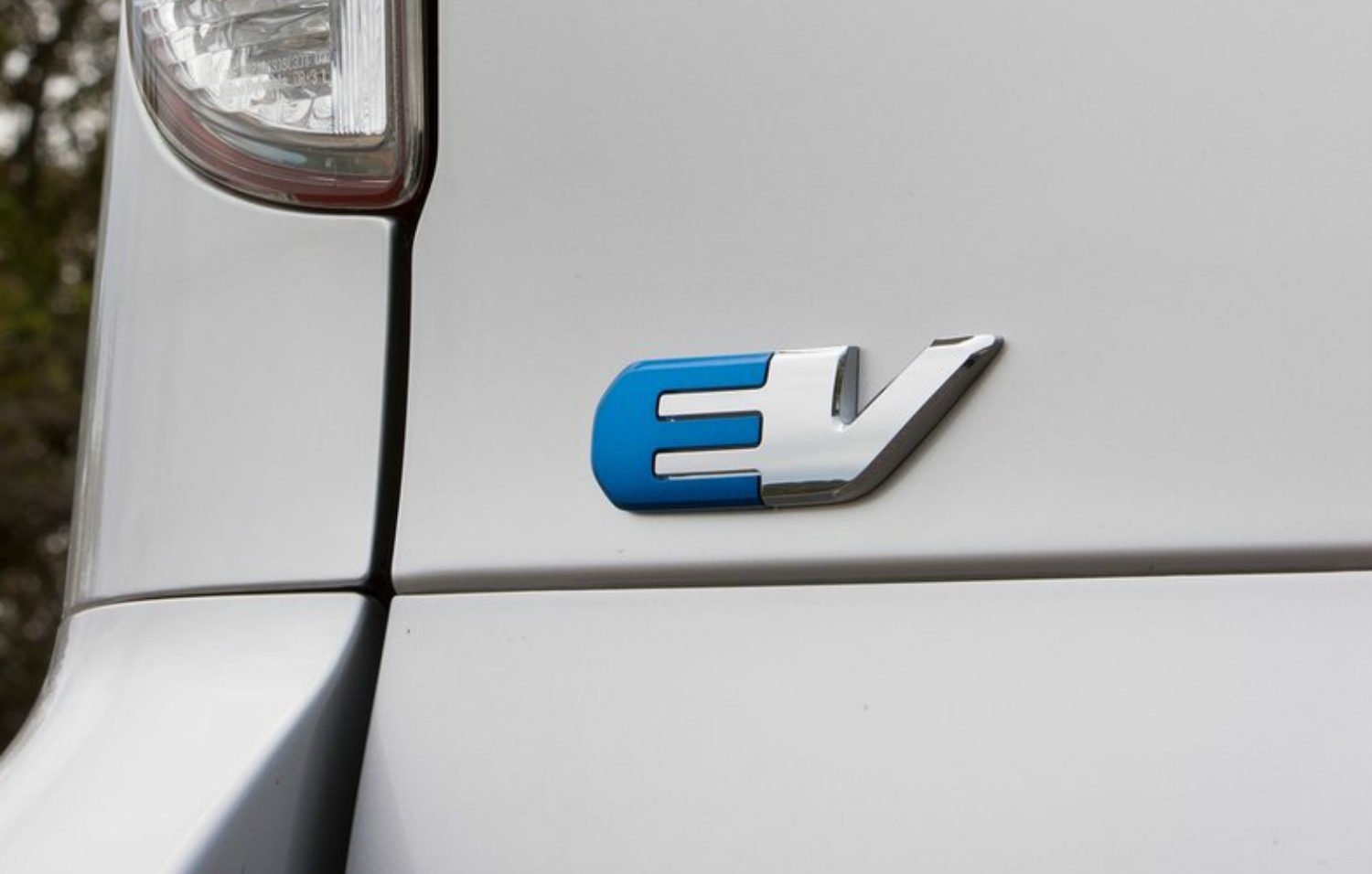
The automaker will transfer equipment and personnel to the JV in the areas of development and production engineering related to battery cells. The electronics giant, on the other hand, will transfer equipment, other assets, liabilities, personnel, and other items to the JV which will cover areas of development, production engineering, manufacturing (at plants in Japan and in Dalian, China), procurement, order receipt and management functions.
As of December, last year, a total of 3,500 employees will be transferred from both the companies to the JV. The products which will be manufactured by the new company will be sold to several automakers via Panasonic.

